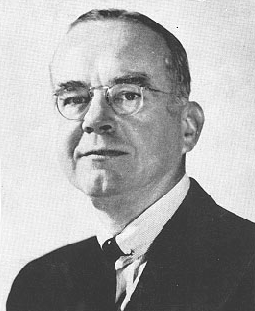James Burnham is best known today for his analysis of managerialism: the theory that control over the economy has shifted from the owners of capital to the bureaucratic stratum that administers it. In the age of “woke capital,” this notion has fresh appeal to conservatives, forced to contend with the harsh reality that big business is no longer their friend. Burnham’s work has also proved influential on a politically eclectic project of class analysis focused on the role of the professional managerial class or “email caste.”
“Burnham ran the ideological gamut of his era.”
Burnham ran the ideological gamut of his era, migrating from the communist left to the anti-communist right. This transformation mirrored the radical changes of his lifetime, which spanned a historical turning point even more dramatic than our own, marked by the emergence of a wide array of new technologies and new ideologies. One of the latter, paradoxically, was the modern conservative movement, which ostensibly pitted itself against change. It was here that, having come of age on the far left, Burnham made his most notable contributions.
Today, the old right—the one Burnham helped create—is dying, while a new one is struggling to be born. His career thus has surprising lessons for our moment. For some contemporary admirers, his early work represents a path not taken by modern conservatives, one only recently taken up by those newly concerned with class-based analysis. But it is just as true to say that he exemplifies the path conservatism did take after World War II—to its detriment. Reassessing this mixed legacy is a vital task for anyone confronting the perils and opportunities of the present.
